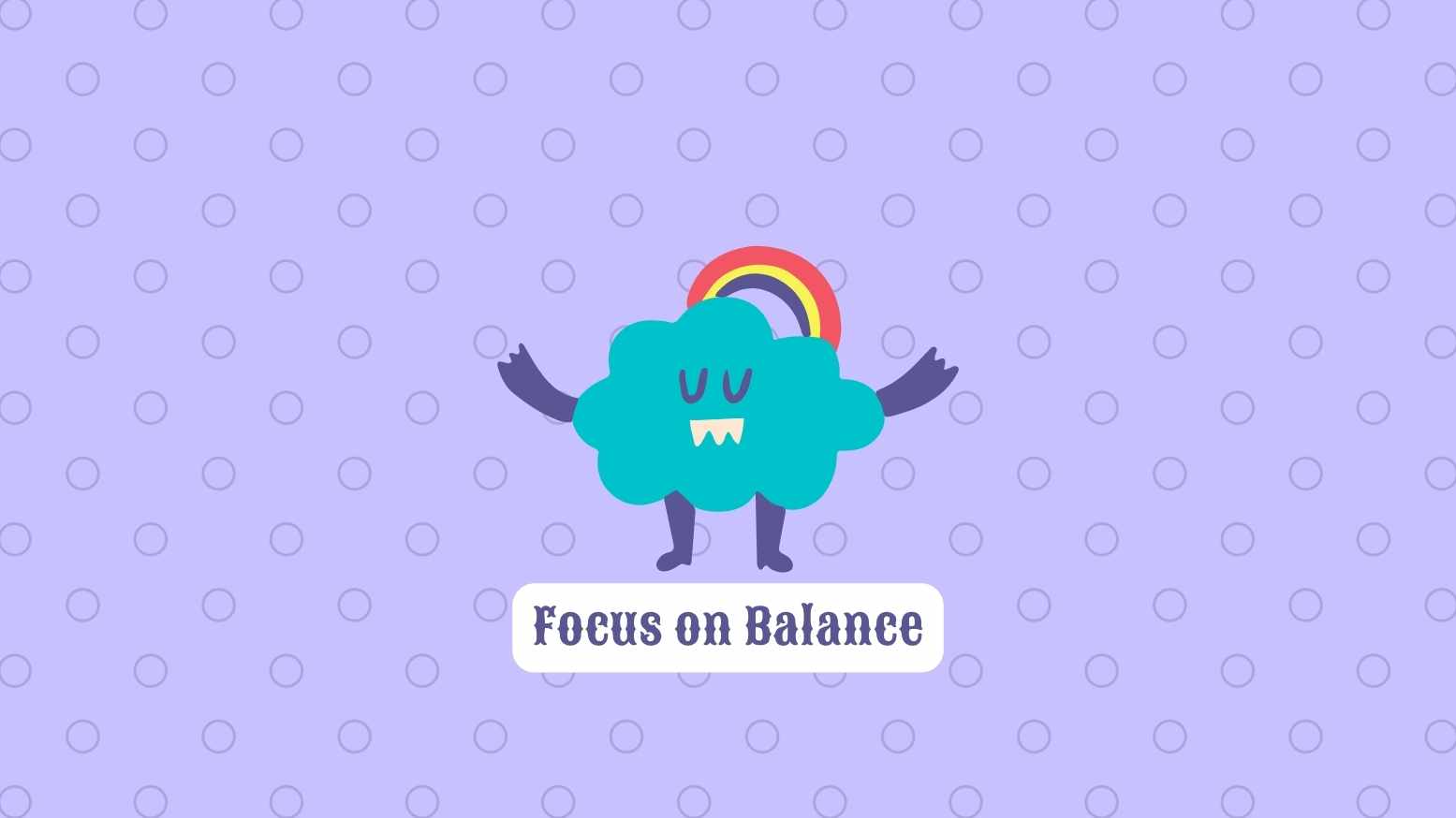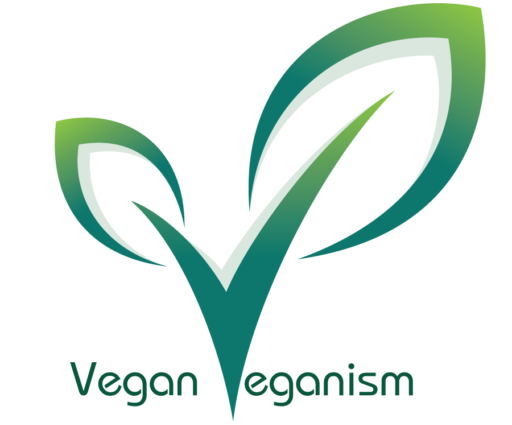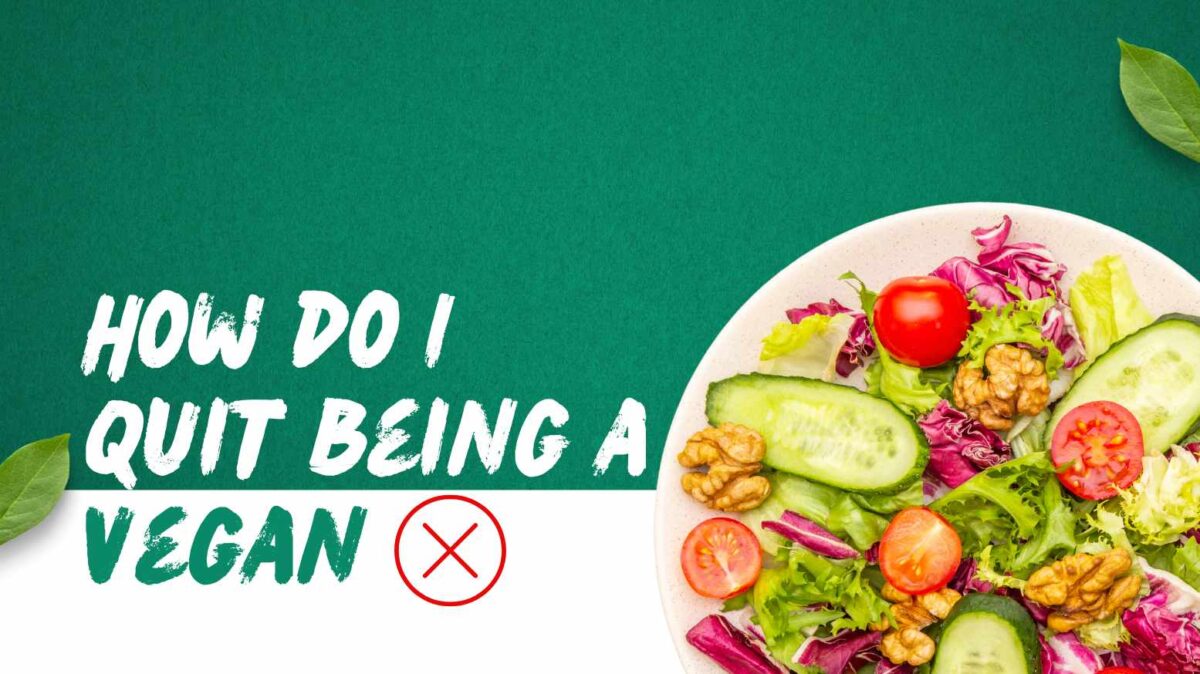It’s crucial to approach this decision with careful thought and an awareness of your motivations if you’re thinking of giving up your vegan lifestyle. It’s crucial to understand that, even while I appreciate your freedom to choose your foods, I cannot and will not advise you to give up your vegan lifestyle. I may, however, provide advice on looking into different nutritional strategies that are more in line with your changing requirements and preferences.
Self-Reflection
Start by thinking about the reasons you are thinking of quitting veganism. Is it motivated by tastes, societal pressures, health concerns, or a mix of these? Comprehending the underlying reason behind your selection can aid you in selecting substitute meals that cater to your requirements.
Explore Different Diets

Instead of characterizing the change as “quitting” veganism, think about investigating alternative eating regimens that include different proportions of animal products. Look into possibilities like pescetarianism, flexitarianism, or vegetarianism to see if there are any that would fit better with your current values and inclinations.
Consult a Professional
It is essential to speak with a certified dietitian or nutritionist if your decision is influenced by health concerns. These experts can offer tailored advice depending on your lifestyle, allergies, and state of health. They may assist you in examining various food options and formulating a strategy that will meet your nutritional requirements and be in line with your objectives.
Focus on Balance

Rather than giving up veganism all at once, think about making a gradual transition to include other dietary categories while maintaining a preference for plant-based options. This enables you to experiment with flavors, discover new possibilities, and keep up a balanced, healthful diet.
Prioritize Personal Well-being
The choice of what to eat is ultimately quite personal. Put your health first by choosing choices that align with your values, body, and general well-being. Recognize that dietary tastes might change over time and that it’s acceptable to adjust your diet to suit your unique needs.
Educate Yourself on Alternative Choices
Look into plant-based substitutes for your favorite non-vegan dishes. Discover the many delectable vegan options available, such as plant-based burgers and dairy-free ice cream. This information can ensure you have fulfilling and pleasurable options, which will ease the move.
Be Kind to Yourself
Releasing yourself from vegetarianism does not imply failure. Throughout this process, remember that food tastes can change over time, and be kind to yourself. Seize the chance to try out new foods and discover a balance that fits in with your values and way of life.
Finally, if you’re thinking about abandoning veganism, choose careful thought, research, and consideration for your health. To guarantee a seamless shift that satisfies your nutritional demands, investigate alternate dietary options that are in line with your goals and get professional advice. Recall that every person’s dietary path is different and that accepting change is a necessary component of your changing relationship with food.
You may also like:
- What’s the one thing stopping you from being vegan
- If chicken isnt vegan why does vegan chicken exist
- Are vegan foods healthier than chicken
FAQs
1. Why should I self-reflect before considering quitting veganism?
Self-reflection helps you understand the motivations behind your decision. Whether it’s taste preferences, societal pressures, or health concerns, identifying the underlying reasons aids in selecting alternative meals that cater to your requirements.
2. What are some alternative diets to explore instead of quitting veganism?
Instead of framing it as “quitting,” explore diets like pescetarianism, flexitarianism, or vegetarianism. Investigate options that incorporate varying proportions of animal products to find a dietary approach that aligns better with your evolving values and preferences.
3. Why is it important to consult a professional, especially for health-related concerns?
Consulting a certified dietitian or nutritionist is crucial, especially if health concerns influence your decision. These professionals can provide tailored advice based on your lifestyle, allergies, and health, helping you examine various food options and formulate a strategy that meets your nutritional requirements.
4. How can I focus on balance when transitioning away from veganism?
Instead of abruptly quitting veganism, consider a gradual transition by incorporating other dietary categories while maintaining a preference for plant-based options. This approach allows you to experiment with flavors, discover new possibilities, and maintain a balanced, healthful diet.
5. Why is prioritizing personal well-being emphasized in the context of quitting veganism?
The choice of what to eat is personal. Prioritizing personal well-being involves aligning your choices with your values, body, and overall health. Recognize that dietary preferences can change over time, and it’s acceptable to adjust your diet to suit your unique needs.
6. How can educating myself on choices ease the transition away from veganism?
Research plant-based substitutes for non-vegan dishes to ensure fulfilling and pleasurable options. Discovering the variety of delectable vegan alternatives, such as plant-based burgers and dairy-free ice cream, can make the transition smoother and more enjoyable.
7. Why is it essential to be kind to myself during the process of leaving veganism?
Releasing yourself from veganism doesn’t imply failure. Be kind to yourself throughout the process, recognizing that food tastes can change over time. Embrace the opportunity to try new foods and discover a balance that aligns with your values and lifestyle.

